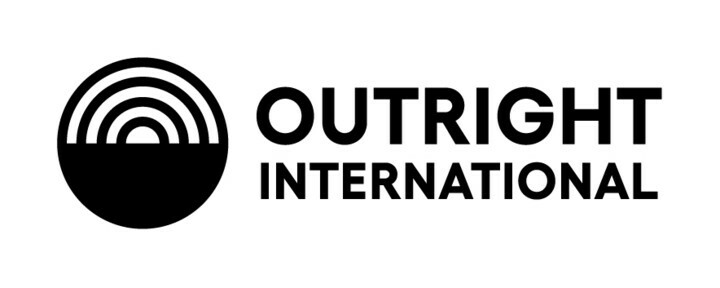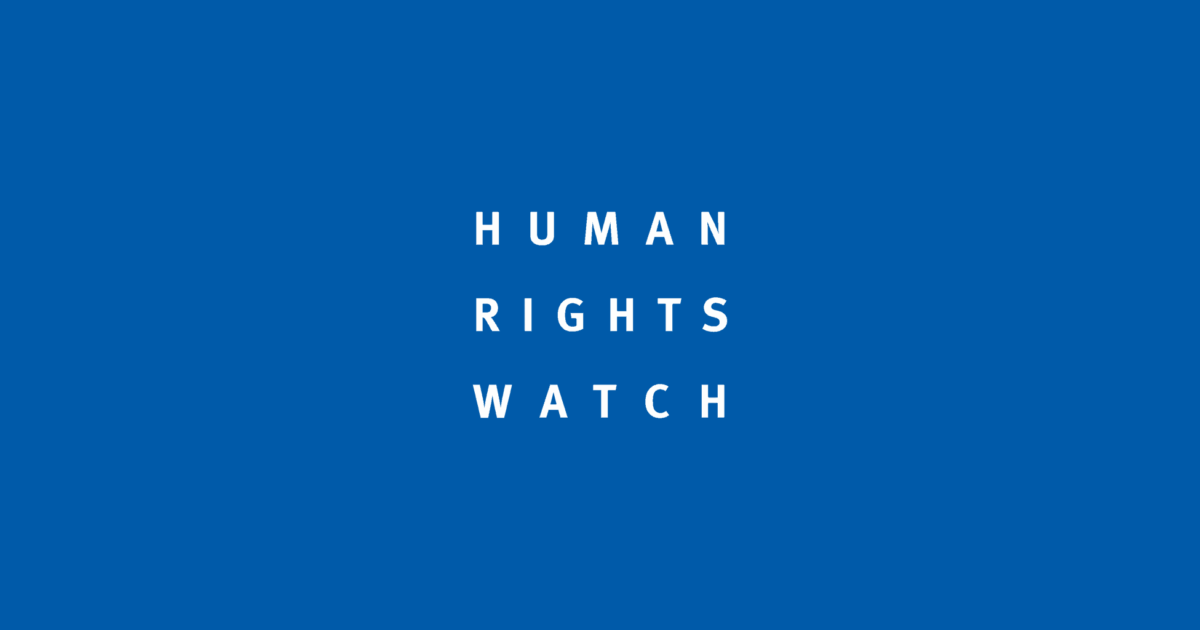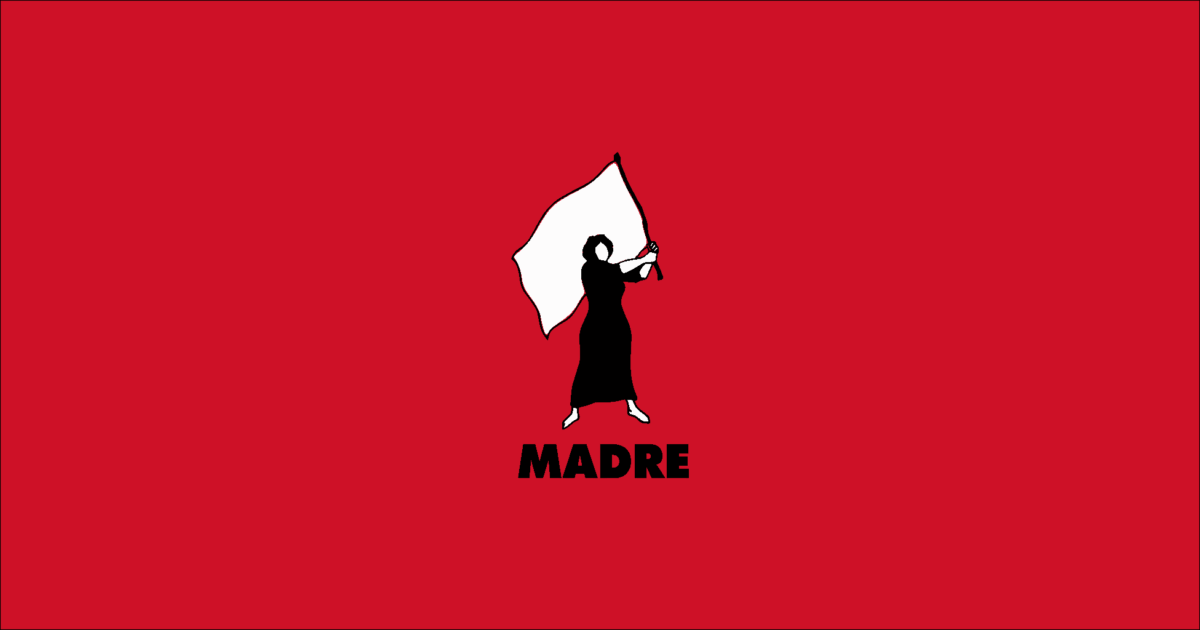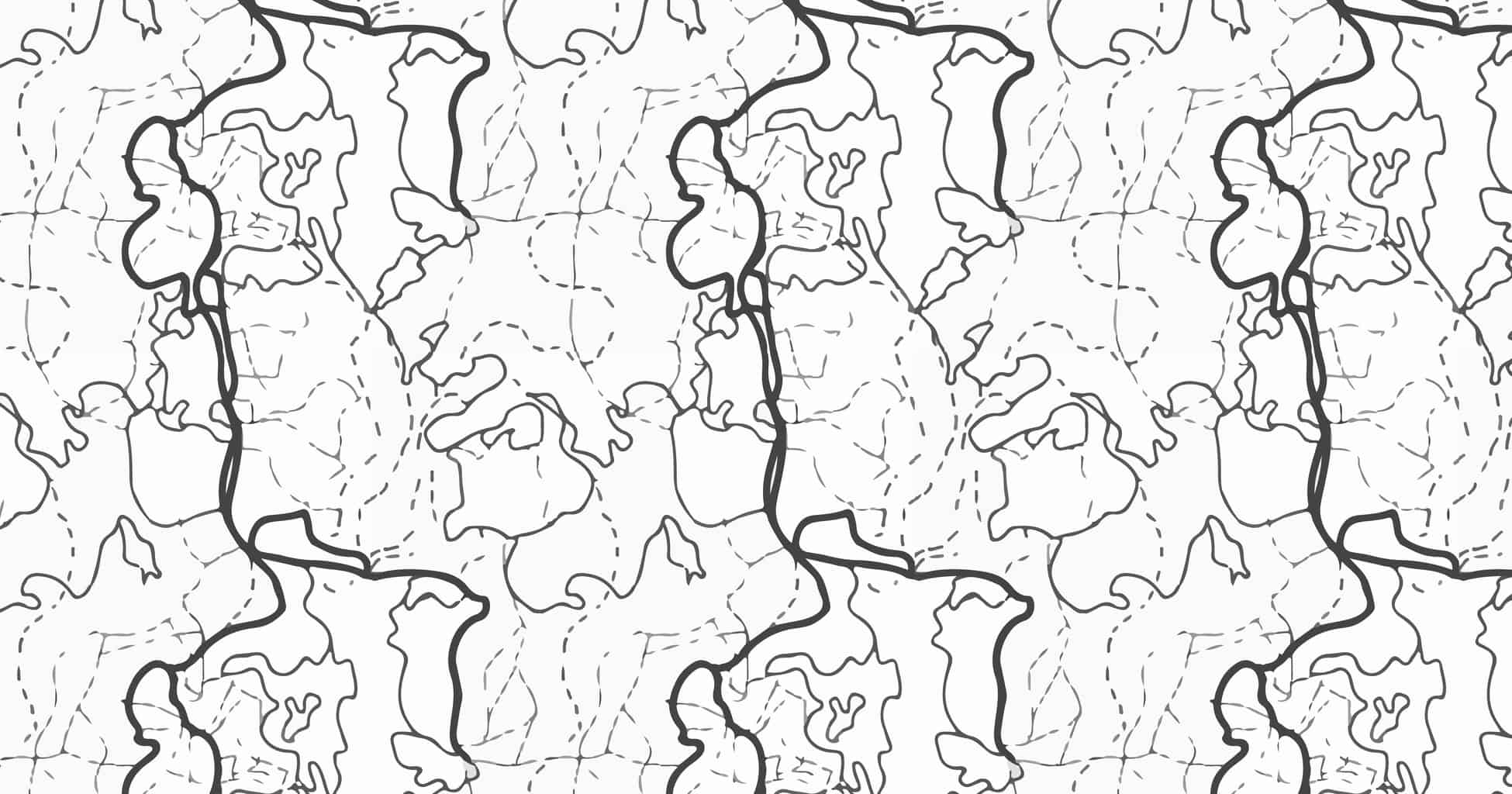Syria & Golan Heights
Syria & Golan Heights
Since 2011, Syria has been on the United Nations Security Council’s agenda, when President Assad’s aggressive actions against pro-democracy protesters during the Arab Spring became more frequent and increasingly violent, leading to civil war and terrorist violence within the country.
Insecurity is the primary concern for women, yet in spite of their limited operating environment, women activists have organized nonviolent protests, distributed and monitored humanitarian aid, documented human rights violations, created safe spaces for women and children, and worked at the local level to set up ceasefires, prisoner releases, and elections.
Based on the work of NGOWG members and their partners, the NGOWG advocates for ensuring women’s needs— such as secure access to sanitation facilities and hygiene, and health assistance— are adequately addressed, and that Syrian women are equally and meaningfully participating in the UN-facilitated political process and in the design and implementation of ceasefire monitoring mechanisms.
Golan Heights
Golan Heights, a disputed plateau in south-western Syria, is home to an equal number of Syrians and Jewish settlers, and since 1973, United Nations Disengagement Observer Force (UNDOF) peacekeepers have observed a contested territorial line between Israel and Golan Heights.
In the current Syrian conflict, Golan Heights has become a key strategic geopolitical position, causing an escalation in violence and increased violations of the ceasefire territorial agreements. Recent advances and attacks by the Islamic State of Iraq and the Levant (ISIL) have concerned residents of Golan Heights— particularly given ISIL’s systematic denial of women’s rights and perpetuation of violations against women.
Based on the work of NGOWG members and their partners, the NGOWG advocates for addressing the increasing gender imbalance in UNDOF by deploying a higher percentage of women, and inclusion of gender-specific language in the UNDOF mandate.
Current and Past Recommendations to the UN Security Council (Monthly Action Points)
The violence in Syria continues to worsen as the civilian population continues to be killed, tortured, and their rights violated, including through ongoing arbitrary arrests and detentions. As documented by the UN Human Rights Council-mandated Commission of Inquiry, rape and sexual assault were perpetrated against men, women and children by Government forces and shabbiha members. Rape and sexual assault were also part of torture in official and unofficial detention centres. There are reports that soldiers and pro-government shabbiha militia members have sexually abused women and girls as young as eleven years old during home raids and military sweeps of residential areas. There are no reports of action taken to investigate or punish government forcesand shabbiha-committed acts of sexual violence, or to prevent them from committing such acts in the future. The Security Council should demand that the Syrian government grant the UN Commission of Inquiry and the United Nations political liaison office unrestricted access to places of detention to monitor abuses. The UN political liaison office should include among its personnel people trained to identify gender-based violence and other gender-specific human rights violations. All human rights monitoring offices in Syria must be adequately resourced with a strong mandate to monitor, investigate and publicly report on crimes against humanity, war crimes and other grave human rights abuses committed by all sides, including on sexual and gender-based violence. In accordance with the UN Guidelines for Gender-based Violence Interventions in Humanitarian Settings, UN humanitarian assistance providers should ensure that survivors have information about and access to this package of services. The UN Security Council should also refer parties whom have violated international law in Syria to the International Criminal Court.
Relevant Resources








